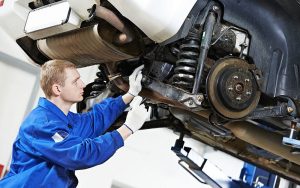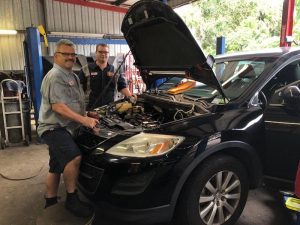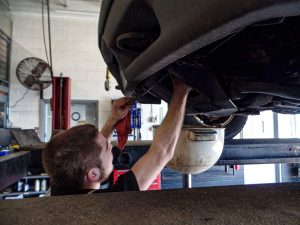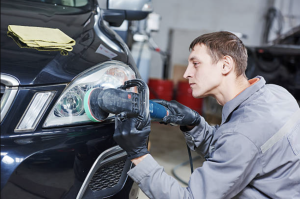
Acquiring your first automobile is an exciting event, but you also have a duty to make sure it stays in top shape. Your car’s lifetime and performance depend on regular maintenance. This is a guide on fundamental automobile maintenance that all drivers need to be aware of.
Often Scheduled Oil Changes
The engine in your automobile runs on oil. It lowers friction, lubricates moving components, and aids in preventing overheating. The recommended oil change interval, which may be as high as 7,500 miles for synthetic oil and as low as 3,000 to 5,000 miles for traditional oil, can be found in your owner’s handbook. Reduced fuel economy and serious engine damage might result from skipping oil changes.
Verify Tire Tread and Pressure
Sustaining the right tire pressure is crucial for tire durability, fuel economy, and safety. Get a decent tire pressure gauge and do a weekly tire inspection. The owner’s handbook or a placard located inside the driver’s door often provides the recommended tire pressure. Check the tire treads for damage or uneven wear as well. To prevent accidents, tires with worn tread or bulges should be changed very away. Choosing the Auto Repair Services in Webster, MA can be quite useful in fixing these matters.
Brake Upkeep
The braking system in your automobile is essential to safety. Keep an eye out for any indications of braking issues, such as grinding, squeaking, or a mushy brake pedal. Get a professional to check your brakes on a regular basis, and replace the rotors and brake pads as required. Ignoring brake problems may result in expensive repairs and hazardous circumstances.
Checks and Top-Ups for Fluids
Your automobile needs a variety of fluids to operate properly, such as power steering fluid, brake fluid, transmission fluid, and coolant. Check these fluids often and add more as needed. The systems in your automobile might sustain serious harm from low or filthy fluids. For information on how frequently to check and replace these fluids, see your owner’s handbook.
Battery Maintenance
You need to make sure your battery is in excellent condition since a dead battery might leave you stuck. If required, use a baking soda and water combination to clean the battery terminals and check for corrosion. Make sure the battery is firmly installed, and check its charge on a regular basis. The typical lifespan of an automobile battery is three to five years; thus, it is advisable to replace it before then to prevent unplanned breakdowns.
Conclusion
Proactive auto maintenance may help you save money and increase the lifespan of your automobile. New automobile owners may make sure their vehicle stays dependable and safe on the road by paying attention to these important suggestions. In addition to saving expensive repairs, routine maintenance gives you piece of mind that your automobile is in excellent shape.






